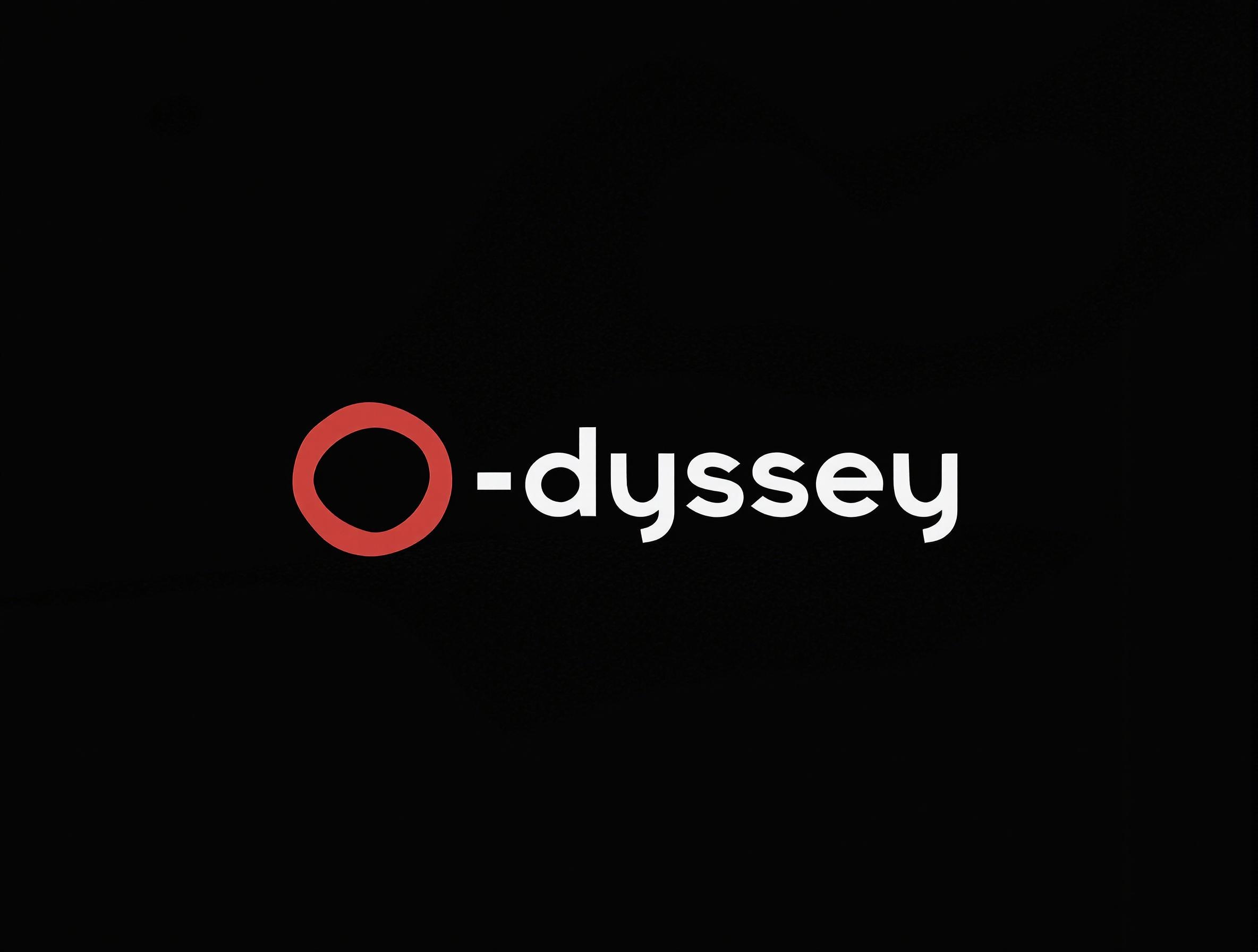Economic Trends Shaping UK Businesses in 2024
Understanding economic trends is crucial for businesses as they plan their strategies for 2024. The predicted economic growth rates suggest a moderate upward trajectory, with consumer spending behavior becoming increasingly cautious. This caution stems from inflation and higher interest rates, which are expected to impact disposable incomes and, consequently, spending habits.
Businesses must consider how inflation and interest rates will shape their operations. Rising prices of raw materials and increased borrowing costs may compress profit margins, necessitating more efficient financial forecasting to maintain fiscal health. A detailed understanding of these challenges can assist businesses in developing strategies to mitigate potential risks.
Also to read : How Are UK Businesses Innovating to Stay Competitive?
To illustrate, various businesses are already adapting to these economic shifts. For instance, some have optimized their supply chains to reduce costs, while others have focused on enhancing their digital platforms to capture changing consumer behaviors. This adaptation not only demonstrates resilience but also a proactive approach to evolving market conditions.
In summary, by closely monitoring UK business impacts and employing robust financial forecasting, companies can better navigate the economic landscape in 2024. Embracing adaptability and strategic planning ensures that businesses remain competitive amidst fluctuating economic trends.
Topic to read : How Can UK Small Businesses Enhance Their Global Competitiveness?
Technological Innovations Influencing Business Operations
Technological advancements are reshaping the landscape, driving a wave of digital transformation and impacting businesses significantly. The escalating presence of automation trends, especially through AI and machine learning, is redefining workforce dynamics. Companies incorporating AI effectively are seeing improved efficiency and cost savings, albeit not without challenges.
The Rise of AI and Automation
Businesses are increasingly leveraging AI technologies for various functions, such as predictive analytics and customer service enhancements. The ability to automate repetitive tasks allows employees to focus on strategic efforts, boosting productivity. However, this transition requires a campaign of upskilling and reskilling within the workforce to adapt to the new job roles created by technological progression.
Successful Examples
Several companies have seamlessly integrated technology, resulting in enhanced operational processes. For instance, retailers implementing advanced data analytics can personalize marketing strategies, resulting in heightened customer engagement. Such integration not only increases sales but also builds stronger consumer relationships.
Challenges and Solutions
Adopting new technologies also brings its own set of challenges, including substantial initial investments and the necessity for ongoing training programs. To combat these, businesses can develop a clear roadmap for gradual technology adoption, ensuring that integration is aligned with the company’s objectives. Furthermore, seeking partnerships with technology providers can offer custom-tailored solutions and support throughout the adaptation process.
By embracing these technological innovations, UK businesses can foster resilience and competitiveness in an ever-evolving market landscape.
Social Trends Affecting Consumer Behavior
The landscape of consumer behavior trends is rapidly evolving, influenced by shifting social changes and preferences. Businesses must acknowledge these transformations to remain competitive.
Changing Demographics and Product Demand
Demographics are altering the framework of product demand significantly. As populations age and urbanize, there is a growing demand for products catering to varied age groups and lifestyles. This necessitates businesses to adapt their offerings by addressing these demographic changes.
Sustainability and Ethical Consumption
Consumers today are increasingly socially conscious, prioritizing sustainability and ethical consumption. They are drawn towards brands that demonstrate environmental responsibility and ethical practices. Businesses can engage these consumers by integrating sustainability into their marketing strategies and product lines, showcasing their commitment to ethical practices to appeal to this conscientious audience.
Engaging Socially Conscious Consumers
Engagement with socially aware consumers requires innovative strategies. Businesses can foster connections through transparent communication, highlighting their ethical manufacturing processes or community contributions. Partnering with environmental or social causes can also enhance brand credibility. By aligning their marketing strategies with consumer values, companies can build lasting relationships and foster loyalty.
Sector-Specific Impacts of Emerging Trends
The dynamic nature of industry-specific analysis is unveiling critical insights into how various market sectors are poised to navigate the tides of 2024. This year, the business adaptability within the retail, hospitality, and tech sectors will be crucial in facing these emerging trends.
Retail Sector
In the retail realm, digital advancements are prompting a shift towards more personalized consumer experiences. Retailers are harnessing data analytics to fine-tune inventory and marketing strategies, meeting evolving consumer demands head-on. Prioritizing e-commerce platforms and omnichannel approaches can significantly enhance reach and customer satisfaction.
Hospitality Sector
Conversely, the hospitality industry is encountering challenges with fluctuating travel demands and sustainability pressures. Adopting eco-friendly practices and investing in innovative services are seen as key avenues for maintaining relevance and appeal in a changing market. This also involves reassessing supply chains to ensure sustainability and cost-efficiency.
Tech Sector
The tech sector, thriving on technological evolutions, stands resilient amid these shifts. It’s not only leading the charge in digital innovation but also empowering other industries to adapt. Tech companies are venturing into cloud services, cybersecurity, and AI—each a critical area of growth that supports their strength and adaptability.
Experts suggest that sectors heavily reliant on technology, such as the tech sector, will likely flourish, whereas traditional, less adaptive sectors may struggle. However, exploring innovative strategies tailored to specific industrial environments can offer pathways to prosper. Embracing flexibility in operations, akin to reconceptualizing traditional methods or embracing new technologies, can determine success across industries facing potential disruption.
Business Strategy Adaptation in Response to Emerging Trends
As businesses gear up to face evolving market dynamics, the need for strategic planning and adaptation strategies has never been more crucial. Businesses must develop actionable methods to pivot and thrive amidst these changing conditions, strengthening their business resilience.
Actionable Strategies for Adaptation
To navigate these emerging trends, companies are identifying key areas for improvement and innovation. This includes revisiting their business models to incorporate agility and innovation. By remaining flexible and open to change, companies can swiftly adjust operations and strategies in response to market demands.
Importance of Agility and Innovation
Agility allows businesses to respond promptly to disruptions, while innovation opens up new avenues for growth. By fostering a culture that encourages experimentation and creativity, companies can unlock potential opportunities that keep them ahead of the curve.
Success Stories
Several businesses have successfully navigated these trends by prioritizing adaptability. For instance, a leading retail company shifted its focus to online platforms, resulting in a robust digital presence that increased market share during uncertain times. Such success stories highlight the importance of adapting quickly and strategically to maintain a competitive edge.
Incorporating adaptation strategies and demonstrating business resilience ensures that companies not only withstand market pressures but also seize emerging opportunities.
Conclusion on Emerging Trends and UK Business Future
As we assess the future outlook for UK businesses, staying informed and adaptable is more critical than ever. The synergy between economic trends, technological advancements, and evolving consumer behaviors outlines a complex landscape that demands strategic evolution.
Businesses must keep a vigilant eye on market analysis, anticipating the ramifications of fluctuating interest rates and inflation. By aligning business adaptation strategies with these forecasts, companies can mitigate risks and leverage opportunities. This requires not only robust financial forecasting but also a willingness to embrace innovation.
The tech sector’s digital transformation capabilities highlight the importance of flexibility and resilience. Industries that show business adaptability in the face of technological and social changes are more likely to thrive. Therefore, developing a culture that fosters continuous learning and exploration of new market strategies is essential.
Ultimately, business resilience pivots on the ability to seamlessly integrate and respond to emerging trends. Companies that remain proactive in their approach will be well-positioned to navigate the uncertainties of the UK business future.






